Binge Eating Disorder (BED) is the most common eating disorder in the United States, affecting people across all ages, genders, and backgrounds. It involves episodes of eating unusually large amounts of food in a short period of time, often accompanied by a loss of control, guilt, or shame. Unlike bulimia, binge eating is not followed by purging behaviors.
At Reverent Health Psychiatry, we offer compassionate and evidence-based telehealth treatment for Binge Eating Disorder in New York and Tennessee, helping patients break free from the cycle and move toward recovery with confidence and support.

What is Binge Eating Disorder?
Binge Eating Disorder (BED) is more than occasional overeating—it’s a recognized mental health condition that can significantly impact physical health, emotional well-being, and quality of life.
Common symptoms include:
- Recurrent episodes of eating unusually large amounts of food
- Feeling unable to control eating during episodes
- Eating rapidly or eating until uncomfortably full
- Eating when not physically hungry
- Experiencing guilt, shame, or distress afterward
How Reverent Health Psychiatry Can Help
Our care is patient-centered, supportive, and tailored to your needs. Treatment may include:
- Medication management to address compulsive urges, mood instability, or co-occurring anxiety/depression
- Brief supportive therapy to help patients build coping strategies and strengthen self-compassion.
- Referrals for full therapy (CBT or DBT) when indicated, since these are highly effective in treating BED.
- Holistic support addressing co-occurring concerns such as stress, trauma, or body image issues.
- Collaborative treatment planning so you are actively involved in recovery
Treatment Options (General Overview)
- Medications: Certain antidepressants or other FDA-approved options (like lisdexamfetamine) can help reduce binge episodes.
- Therapy referrals: CBT and DBT are the most effective evidence-based therapies for BED.
- Lifestyle and support strategies: Mindful eating, structured meal planning, and stress management
- Integrated care: Coordinating with dietitians, therapists, or primary care providers when needed.
Break free from the cycle of binge eating
Book a telehealth appointment today with Reverent Health Psychiatry.

